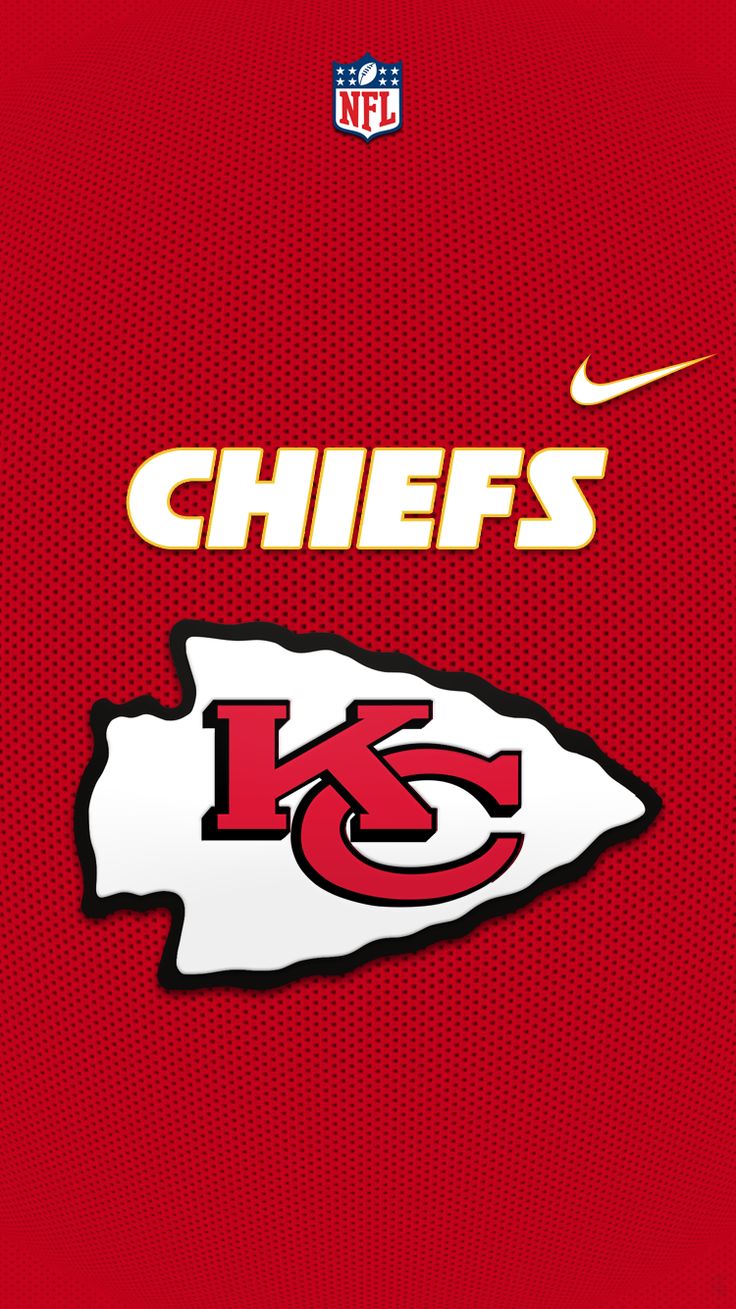“Chiefs’ Super Bowl Legacy: Reliving the Glory Years”
Early Beginnings and the AFL-NFL Merger
The Kansas City Chiefs’ Super Bowl legacy began in the 1960s when the team, then led by founder Lamar Hunt, played a key role in the creation of the Super Bowl. Professional football visionary Hunt proposed the term “Super Bowl” after watching his children play with a Super Ball toy, a name that became synonymous with the NFL’s championship game.
The Chiefs were part of the AFL, a rival league to the NFL, and their early success helped legitimize the AFL’s place in professional football. The team faced the Green Bay Packers in the first-ever Super Bowl (then called the AFL-NFL World Championship Game) in 1967.
The Chiefs’ first Super Bowl victory came in 1970’s Super Bowl IV, when they defeated the Minnesota Vikings 23–7. Led by quarterback Len Dawson, who earned MVP honors, and coached by Hank Stram, the Chiefs dominated with a balanced attack and stout defense. The win was a landmark moment not only for the franchise, but for the AFL as well, as it recognized the league’s talent and paved the way for the AFL–NFL merger.
The iconic image of Dawson smoking a cigarette at halftime of Super Bowl I, captured by Life magazine, and innovative strategies such as Stram’s “65 toss power trap”, became symbols of the Chiefs’ early legacy. These moments in the 1960s and 1970s are considered the franchise’s first “glory years”, establishing Kansas City as a football town with a passionate fan base.
The Long Drought and Resilience
Following their Super Bowl IV victory, the Chiefs endured a 50 year absence from the Super Bowl, a period characterized by sporadic playoff success and heartbreak. Despite consistent competitiveness, including multiple playoff appearances in the 1990s under coaches such as Marty Schottenheimer, the team struggled to recapture its early magic. Notable moments, such as a double-overtime playoff loss to the Miami Dolphins in 1971 – the longest game in NFL history at the time – highlighted the Chiefs’ resilience, but also their inability to advance to the Super Bowl stage.
The Modern Dynasty: Reid, Mahomes, and the New Glory Years
The Chiefs’ resurgence in the 21st century, particularly since 2019, symbolizes the modern “glory years” that have redefined their Super Bowl legacy. Under the guidance of head coach Andy Reid and quarterback Patrick Mahomes, the Chiefs have become a dominant force, appearing in five Super Bowls from 2020 to 2025 and winning four.
This era began with Super Bowl LIV in 2020, where the Chiefs overcame a 10 point deficit to defeat the San Francisco 49ers 31–20, with Mahomes earning MVP honors for his stellar performance. Super Bowl LV Despite losing to the Tampa Bay Buccaneers in 2023, the Chiefs bounced back with wins against the Philadelphia Eagles (38–35) in 2023 and against the 49ers (25–22 in overtime) in 2024, showcasing their ability to make dramatic comebacks.
The Chiefs’ recent success is characterized by Mahomes’ exceptional talent, Reid’s strategic genius, and a versatile roster featuring players like tight end Travis Kelce and defensive tackle Chris Jones. With three Super Bowl MVP awards, Mahomes has drawn comparisons to legends like Tom Brady and Joe Montana, while Reid’s three Super Bowl titles place him among the NFL’s coaching elite. The team’s ability to overcome double-digit deficits in all three of its recent Super Bowl victories underscores their resilience and mental toughness, qualities that have solidified their status as the NFL’s newest dynasty.
Cultural and Historical Significance
The Chiefs’ Super Bowl legacy extends beyond the field, reflecting their profound impact on Kansas City and the NFL. Their early victories helped establish the Super Bowl as a cultural phenomenon, while their modern dominance has elevated the city’s image and fostered a new generation of fans, including those attracted by the “Swifty” phenomenon associated with Travis Kelsey’s relationship with Taylor Swift. The Chiefs’ success has also brought economic and social benefits to Kansas City, said Mayor Quinton Lucas, who highlighted the team’s role in enhancing the city’s identity.
Share this content:




Post Comment